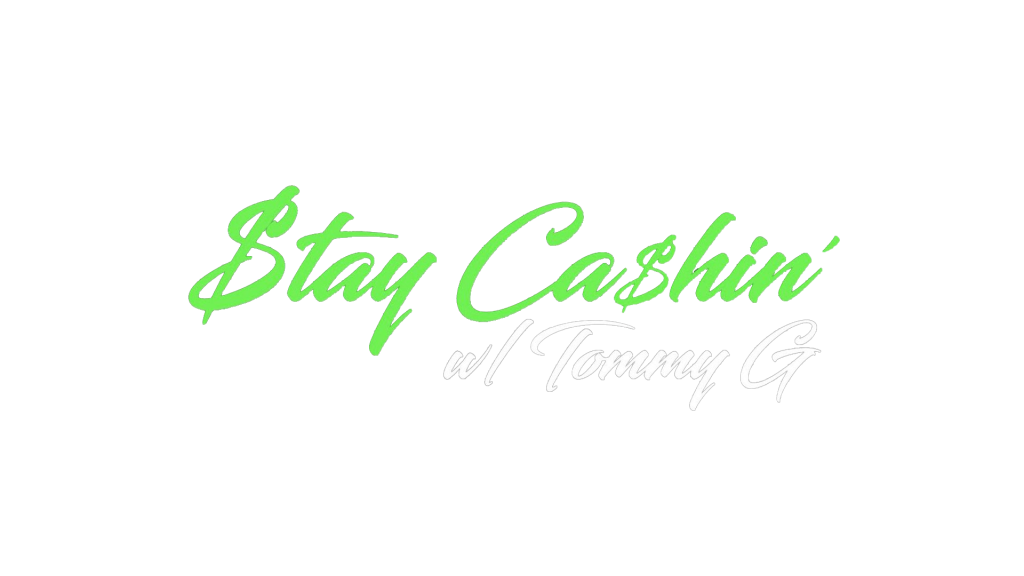Tee: The designated area from where a golfer starts a hole by placing the ball on a small peg.
Fairway: The mowed portion of the golf hole that leads from the tee to the green.
Rough: The portion of the golf hole that surrounds the fairway in which the grass is longer and therefore more challenging to hit the next shot out of.
Green: The well-manicured area where the hole and flagstick are located. It has shorter grass and is designed for putting.
Par: The expected number of strokes a skilled golfer should require to complete a hole or course.
Birdie: Scoring one stroke under par on a hole.
Eagle: Scoring two strokes under par on a hole.
Bogey: Scoring one stroke over par on a hole.
Double Bogey: Scoring two strokes over par on a hole.
Handicap: A numerical measure of a golfer’s ability, which allows players of different skill levels to compete against each other on a fair basis.
Slice: A shot that curves significantly to the right (for a right-handed golfer) due to sidespin.
Hook: A shot that curves significantly to the left (for a right-handed golfer) due to sidespin. Divot: A piece of turf that is removed from the ground when a golfer strikes the ball. Bunker: A hazard on the golf course, typically filled with sand, also known as a “sand trap.”
Approach Shot: A golf shot played toward the green, usually from the fairway. Putt: A gentle stroke on the green intended to roll the ball into the hole.
Caddy:A person who assists a golfer by carrying their golf bag, providing advice, and offering assistance during the round.




